
Early Detection of Testicular Cancer: The Key to Saving Lives in Young Men
Testicular cancer continues to be one of the most prevalent cancers among young men, despite the fact that it often goes undetected until it reaches more advanced stages. This type of cancer typically affects males between the ages of 15 and 35 and is considered one of the most treatable cancers when detected early. However, many cases go unnoticed due to the subtle nature of the initial symptoms. These early signs can include slight swelling, lumps, or general discomfort in the testicle, which many individuals may dismiss as minor or temporary. As a result, the cancer may progress without being recognized, leading to more serious complications if not addressed promptly.
Early detection plays a critical role in the treatment and prognosis of testicular cancer. Studies have shown that self-examinations are one of the most effective ways to identify changes in the testicles at an early stage. These simple, non-invasive checks allow men to become more attuned to their bodies and recognize abnormalities early on. Health experts strongly emphasize the importance of regular self-examinations, as they can significantly improve the likelihood of successful treatment and long-term survival. According to the American Cancer Society, men who detect testicular cancer early often have a survival rate of 95% or higher.
In contrast, when testicular cancer is diagnosed at a more advanced stage, treatment can become significantly more complex and aggressive. Treatment options for advanced testicular cancer may include surgery, chemotherapy, and radiation therapy. These approaches can be effective, but they often come with more challenging side effects and may require longer recovery periods. The fact that early-stage testicular cancer can usually be treated with far fewer complications underscores the importance of awareness and vigilance.
Medical professionals stress that young men should be alert to any changes in their testicles and seek medical attention if they notice symptoms such as unexplained lumps or persistent discomfort. Consulting with a healthcare provider early ensures that any concerns are addressed swiftly, allowing for timely treatment and better outcomes. Education and awareness campaigns play a crucial role in promoting self-exams and encouraging young men to take action when they notice changes. These initiatives are vital in preventing delays in diagnosis and ensuring that treatment begins as soon as possible.
In addition to self-examinations, routine check-ups with healthcare providers can further help detect testicular cancer before it advances. Regular physical exams, even in the absence of symptoms, provide a safety net for identifying conditions early. Health experts argue that these proactive measures, when combined with increased education and awareness, can save lives. As testicular cancer is one of the most treatable cancers when caught early, routine check-ups and awareness campaigns can serve as a critical lifeline in preventing cancer from becoming life-threatening.
This pressing health issue emphasizes a broader message: proactive self-care and routine medical check-ups are essential in reducing the risk of serious diseases like testicular cancer. By maintaining a regular routine of self-examinations and consulting with healthcare professionals, young men can improve their chances of survival and overall health. With continued efforts in education and awareness, we can ensure that more young men recognize the importance of taking action early and can prevent the cancer from advancing to a stage where it becomes much harder to treat.
News in the same category

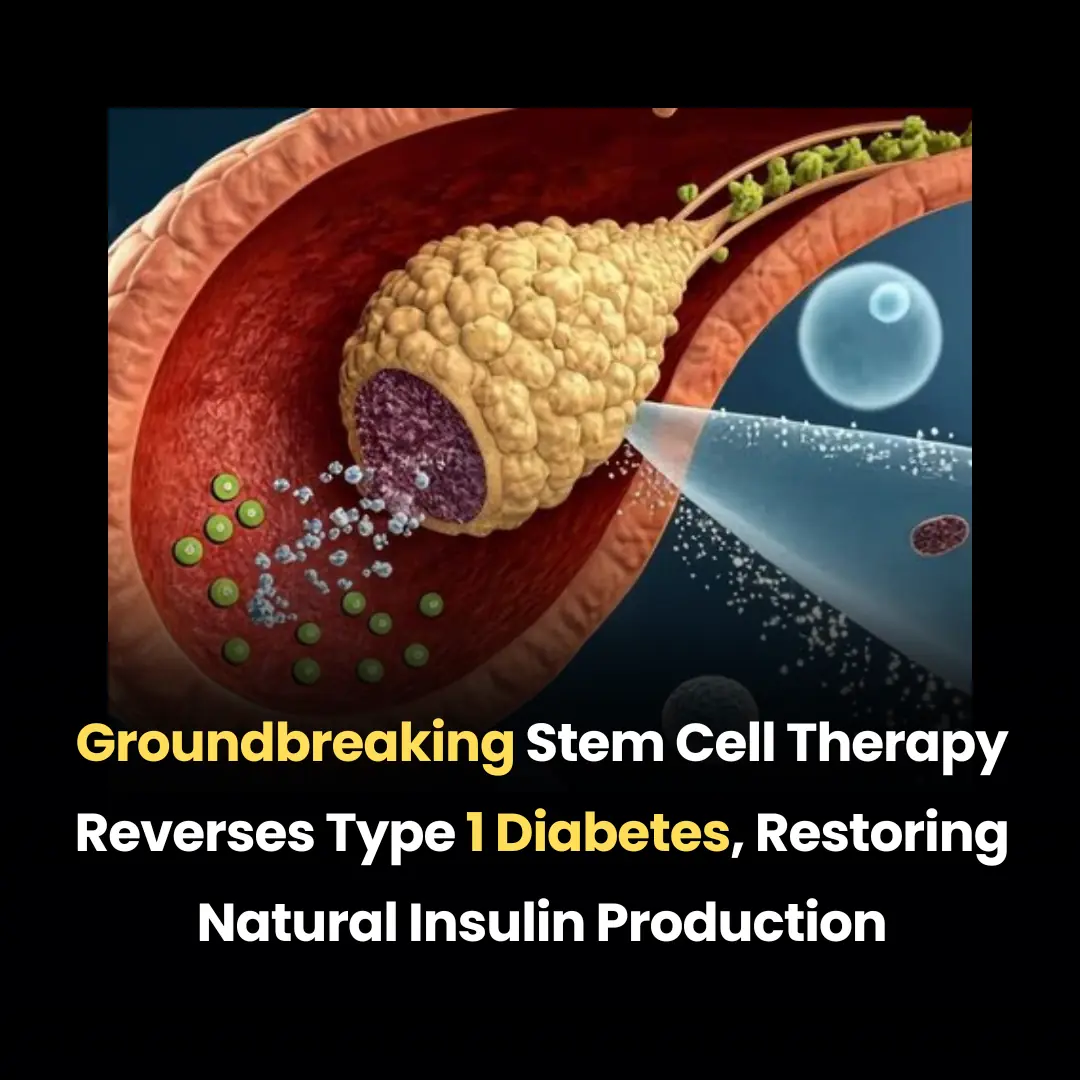
Groundbreaking Stem Cell Therapy Reverses Type 1 Diabetes, Restoring Natural Insulin Production
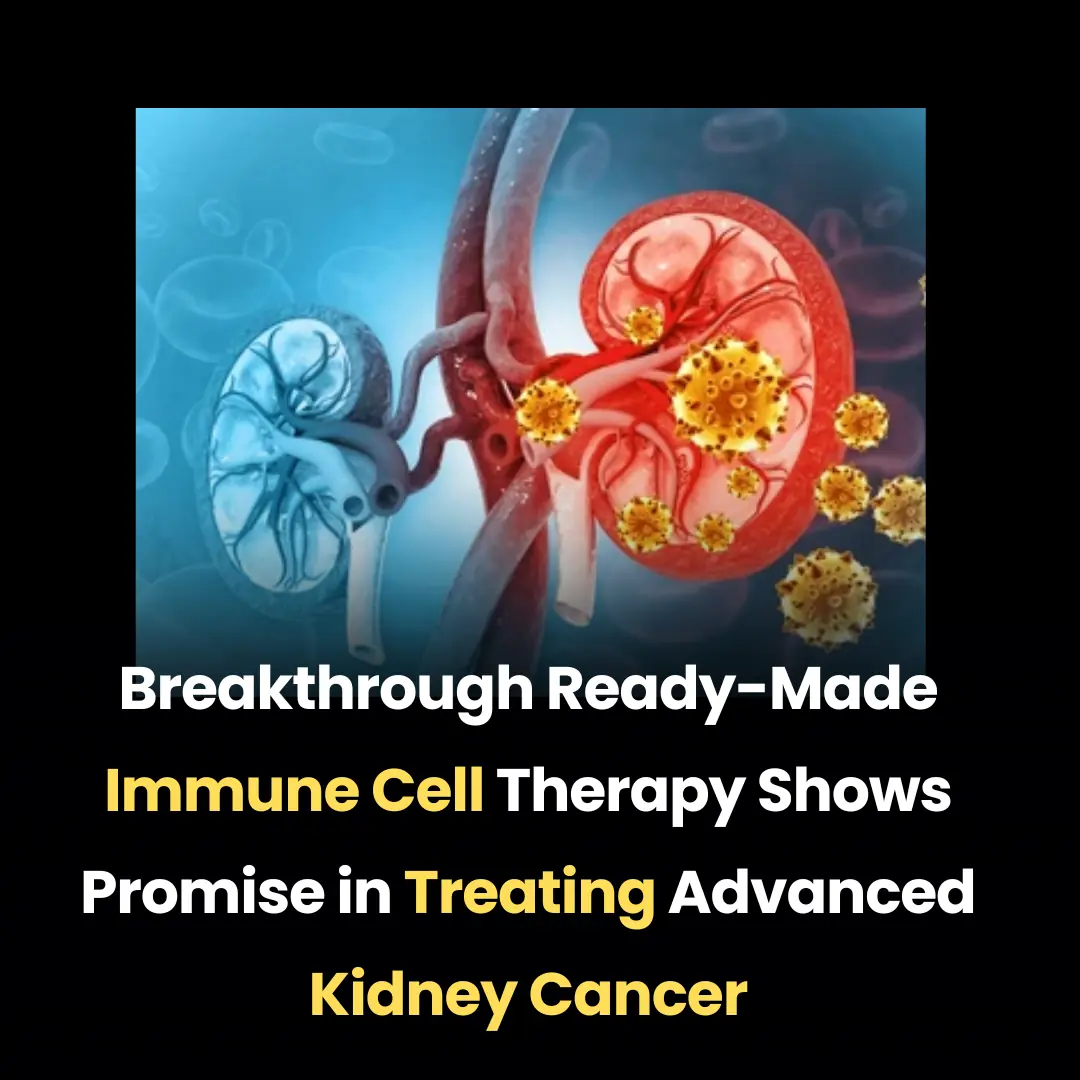
Breakthrough Ready-Made Immune Cell Therapy Shows Promise in Treating Advanced Kidney Cancer

Why Do We Get Shocked by Static Electricity

What Clearing the Table Says About You

What is their purpose in doing so?

🛁 Say Goodbye to the Shower: Japan Unveils the 15-Minute "Human Washing Machine"
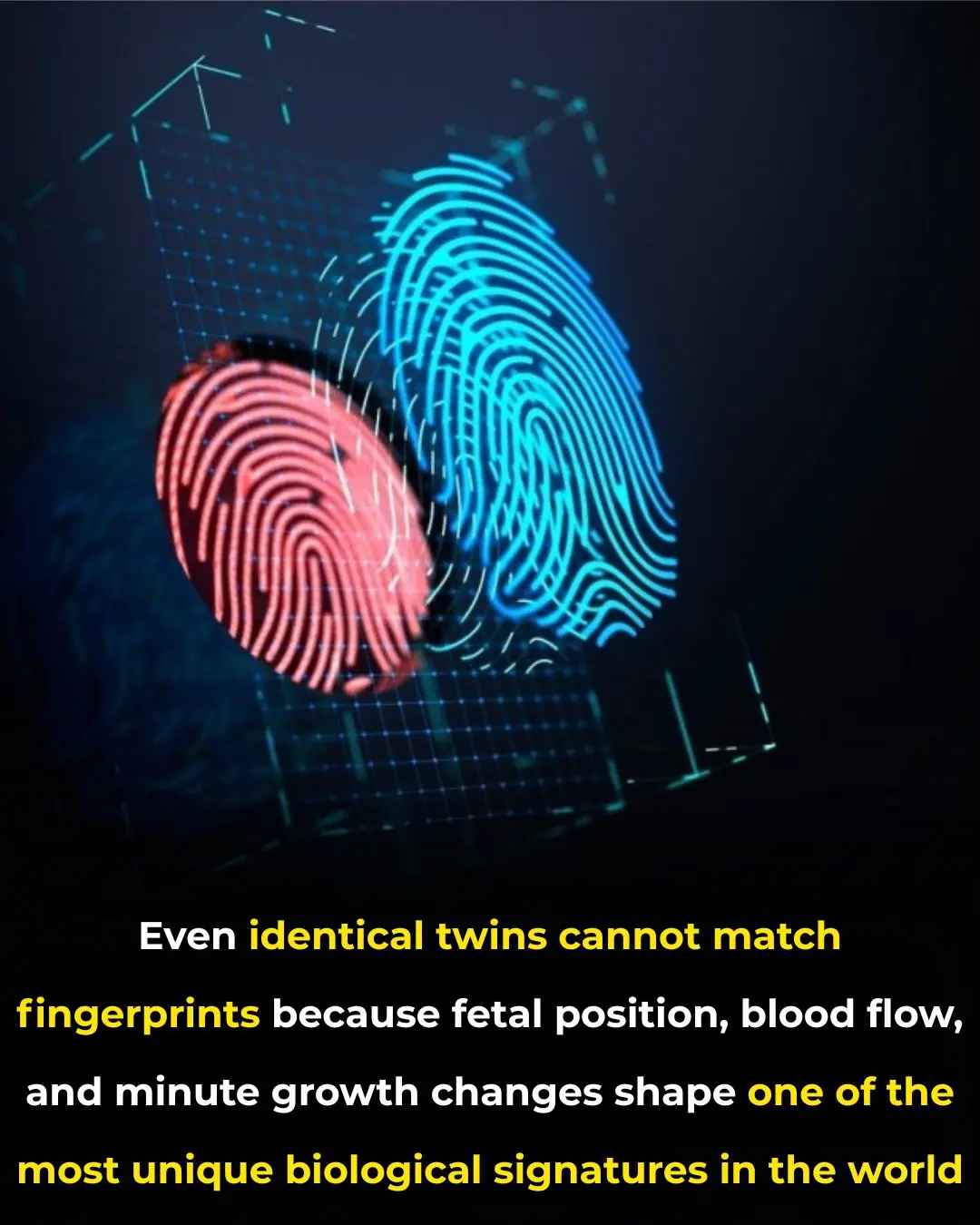
Fingerprint Individuality: A Story Written by Biology, Environment, and Chance

Northwestern Study Reveals Hidden Dangers in Youth Skincare Influencer Culture
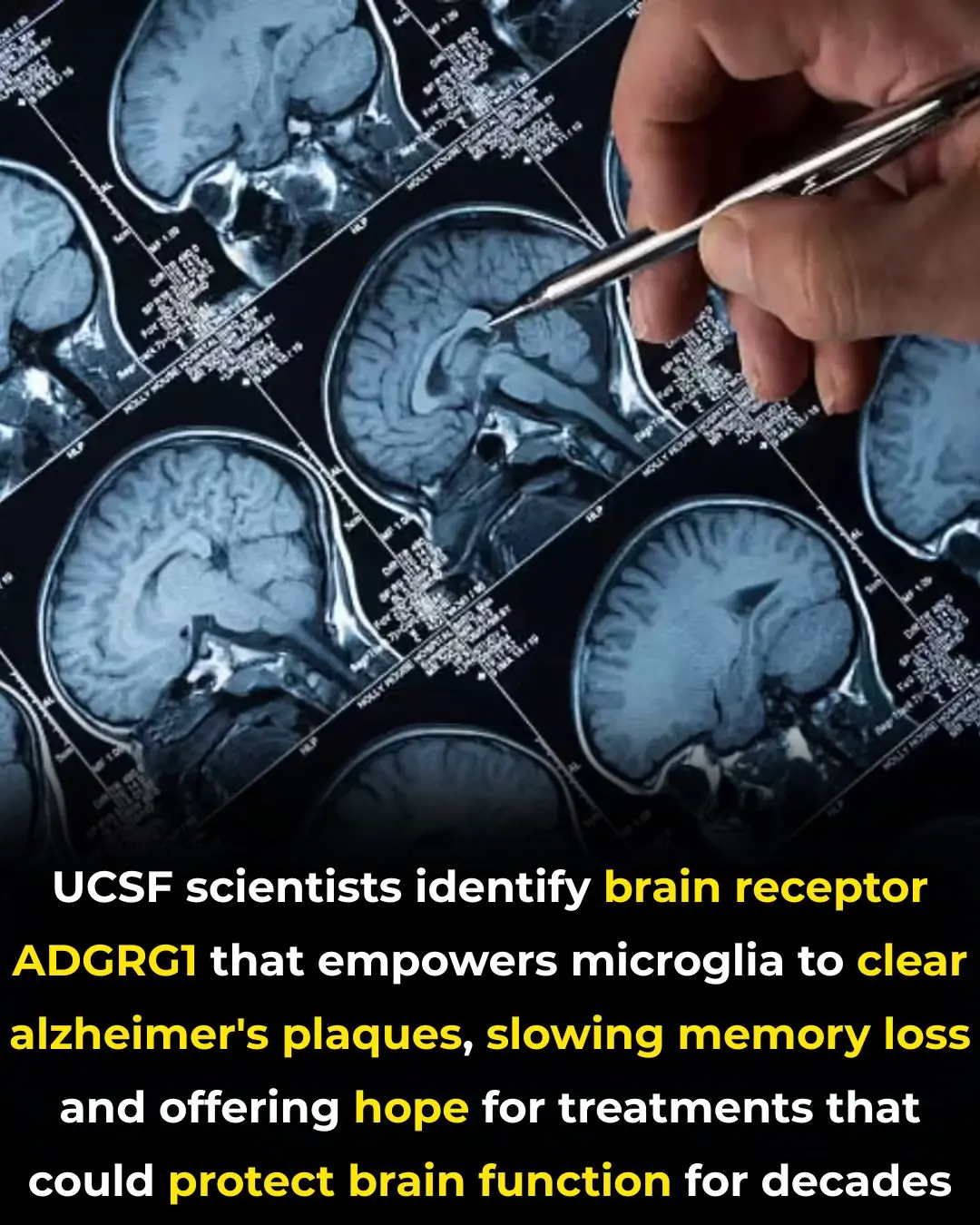
Scientists Discover a Brain Receptor That Acts as a Natural Shield Against Alzheimer’s
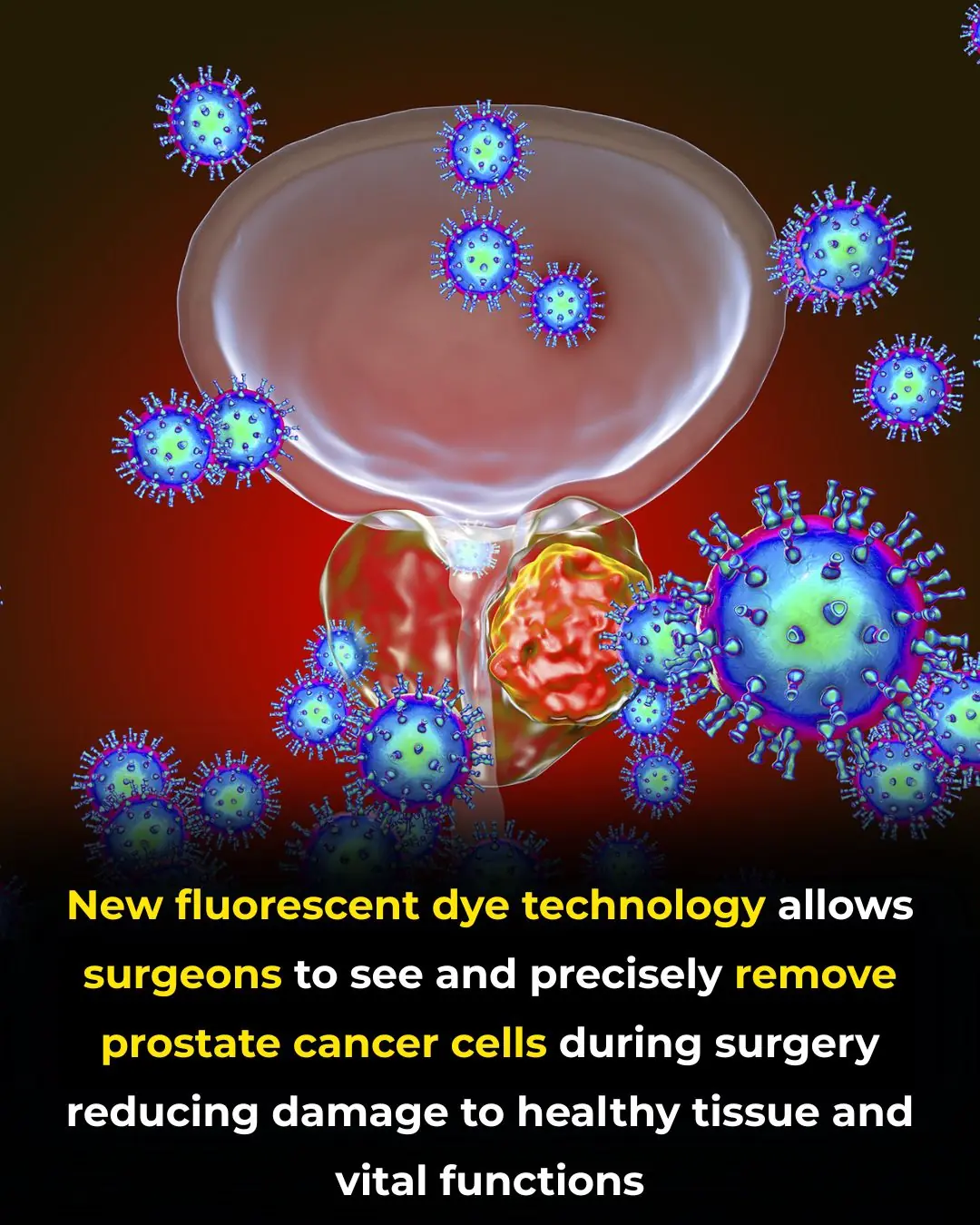
A Fluorescent Breakthrough: New Dye Helps Surgeons Precisely Target Prostate Cancer

The Shocking Secret of Spider Flight: How Electric Forces Lift Them Into the Sky

When a Humpback Whale Became a Hero: The Extraordinary Rescue of Marine Biologist Nan Hauser

🤯 Beyond the Void: How Quantum Physics Suggests the End of Life Is an Illusion

🧠 Medical Marvel: The Bullet That Accidentally Cured Severe OCD

If you kiss a deceased loved one, you should know that it causes ...

When a Woman Bites Her Lip While Staring at You, It Means She Is ...

3 flowers that make snakes tremble with fear — beautiful and safe to plant around your home
News Post

Autophagy: How Your Body's 'Self-Cleaning' Process Boosts Health and Longevity

Groundbreaking Stem Cell Therapy Reverses Type 1 Diabetes, Restoring Natural Insulin Production

Breakthrough Ready-Made Immune Cell Therapy Shows Promise in Treating Advanced Kidney Cancer
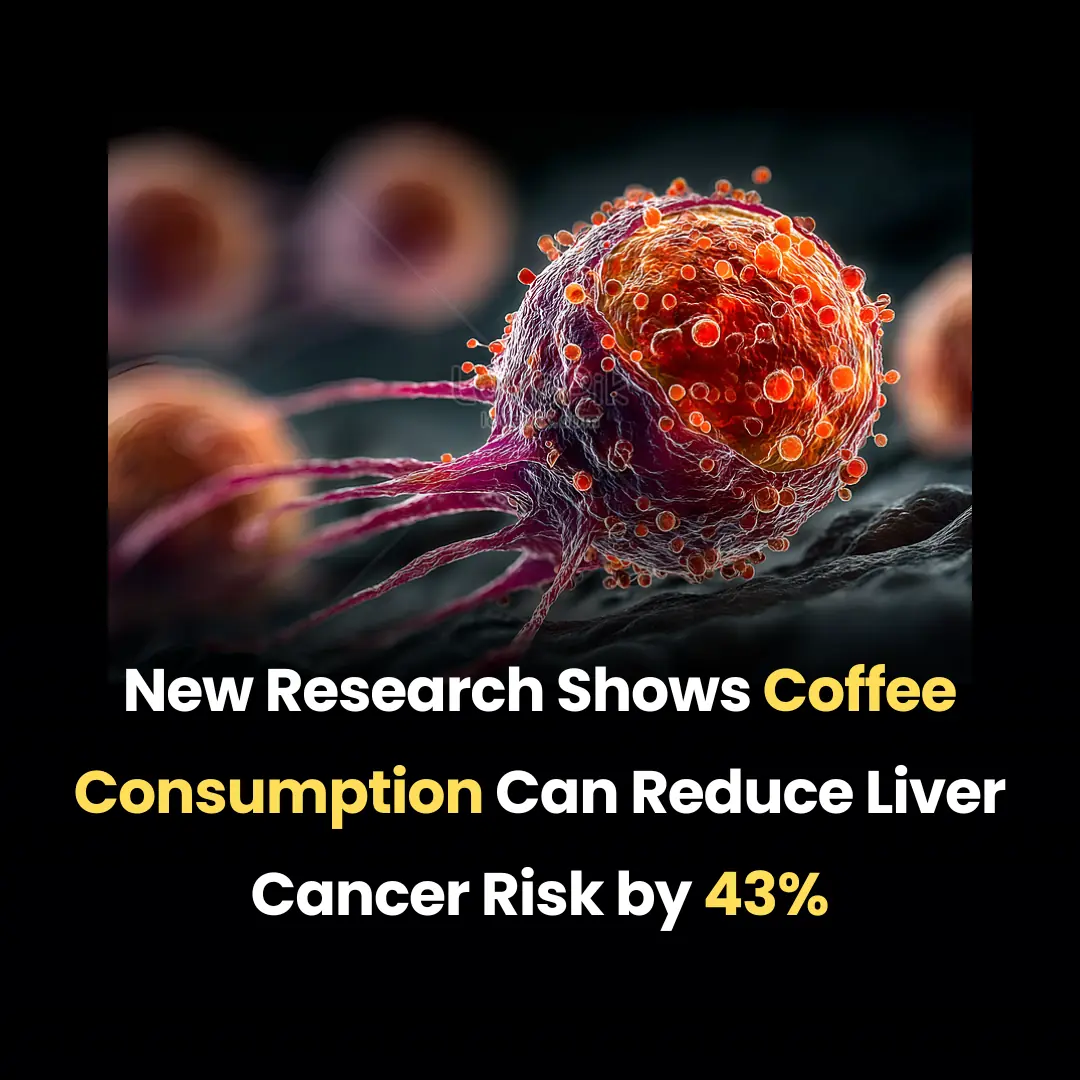
New Research Shows Coffee Consumption Can Reduce Liver Cancer Risk by 43%

Clothes are easily wrinkled when washed: Put something cheap in the machine when washing, the clothes will come out flat.
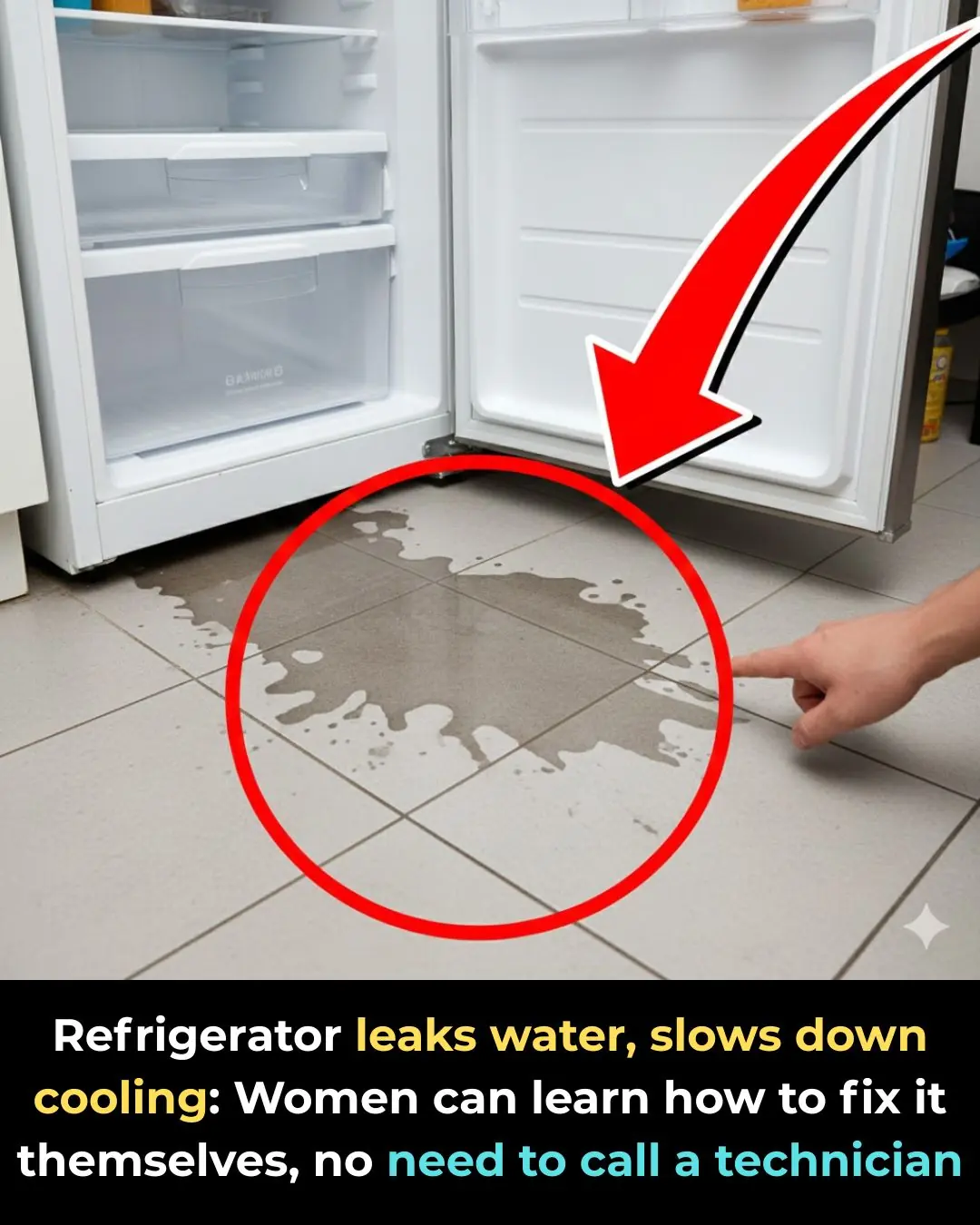
Refrigerator leaks water, slows down cooling: Women can learn how to fix it themselves, no need to call a technician

Why Do We Get Shocked by Static Electricity

What Clearing the Table Says About You

The Magic of Lemon Juice and Activated Charcoal: Natural DIY Solutions for Skin and Teeth

Improve Eyesight Naturally With Onion Tea: Benefits, Uses & How to Make It

Make your own biotin powder for glowing skin

Roll your feet daily—unlock rapid healing throughout your body!

Diabetes? Just boil these leaves to lower blood sugar (without medications)!

How to Get Rid of Bad Breath (Halitosis): Scientifically Proven Home Remedies

What is their purpose in doing so?

Meet Adrian Octavius Walker, the Photographer Whose Impact Extends From Ferguson to the Smithsonian
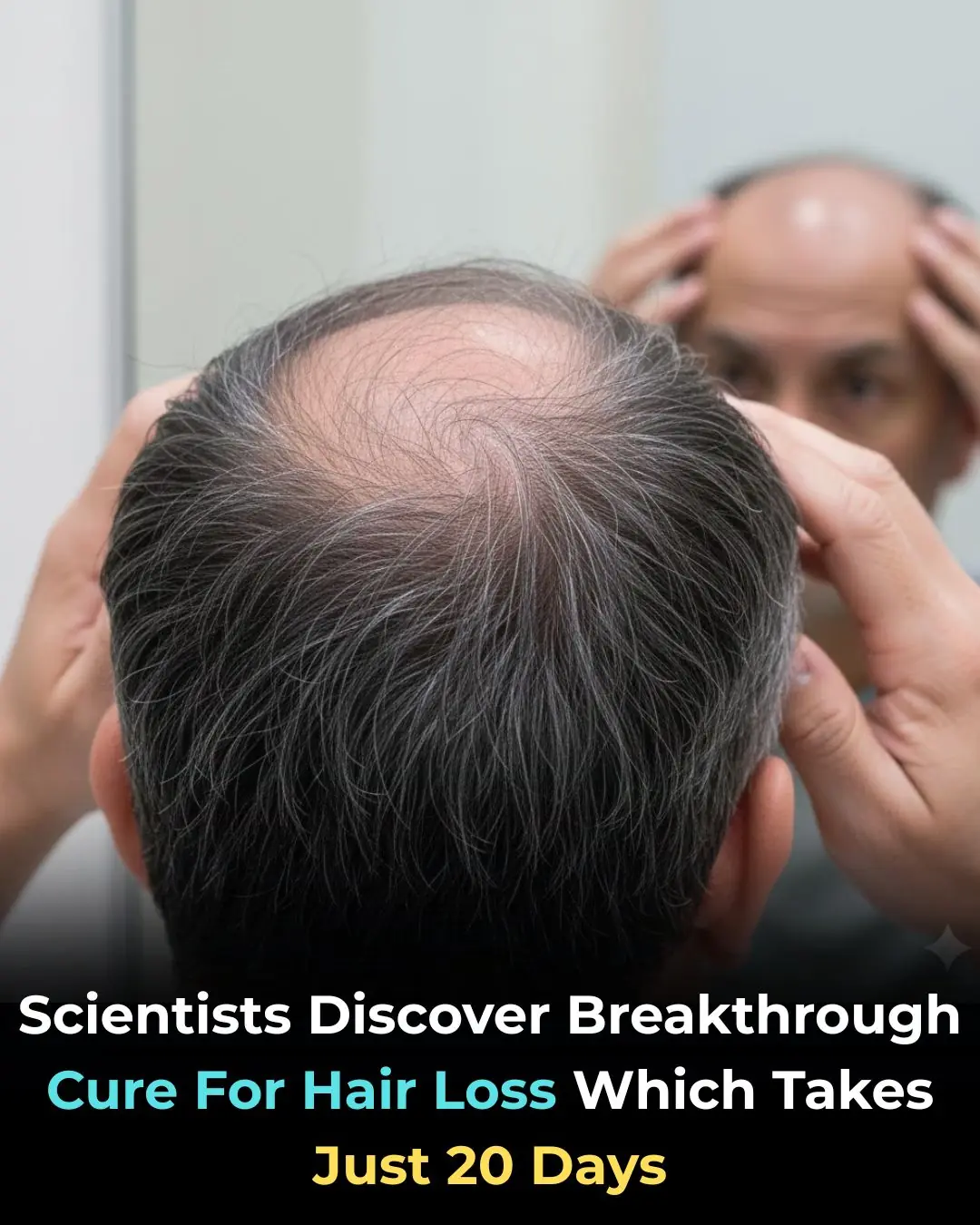
Breakthrough Hair-Loss Treatment

Which Raw Food Would You Eat
